Sudan: Understanding the Crisis

By David Drew — the Labour MP for Stroud 1997 - 2010 and 2017 - 2019. David shares his experience of advocating for Sudan in Parliament and outlines the history of the conflict and why awareness is so important. This article has been edited by Amplify Stroud for clarity and accessibility.
THE EYES OF THE WORLD are currently fixed on the conflicts in the Middle East and the Ukraine. However there is another, much less well-known conflict happening now in Sudan. This has cost thousands of lives and displaced millions of people.
I know Sudan well, a country I visited four times when I was Stroud’s MP. I took a particular interest in the country, chairing the Associate Parliamentary Group.
Sadly Sudan's conflict is nothing new. During colonisation, Sudan was jointly controlled by Britain and Egypt, before achieving independence in 1956. There were civil wars there between 1955 and 1972, and again from 1983 to 2005.
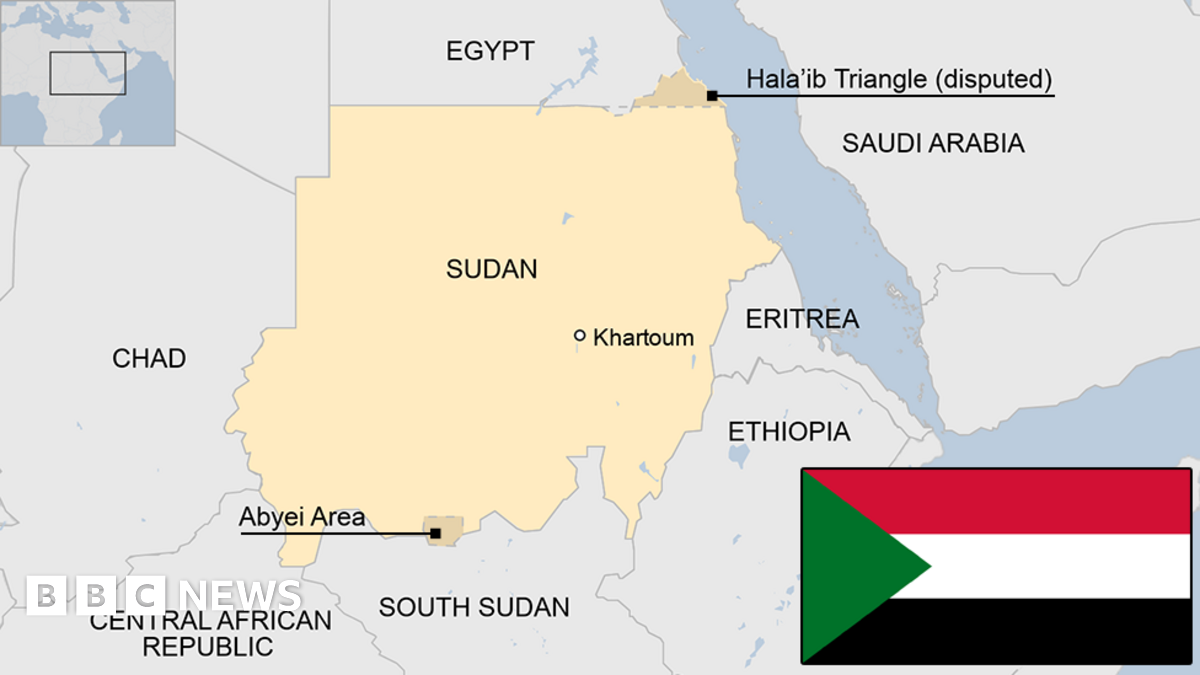
Fighting continued until 2011 when the South eventually seceded from the North.
The conflict had every possible permutation. It was both religious (Muslim versus Christian) and racial (Arab versus African). It was resource-driven, as Sudan was oil-rich and the place where the big powers like the US, China and Soviet Russia, as well as Saudi Arabia, Iran and Qatar, dabbled at the cost of the indigenous population.
It was also characterised as being aligned to the ‘axis of evil’. For a time, Sudan was home to Osama bin Laden, resulting in US President Bill Clinton bombing the medicines factory at al-Shifa, in the (false) belief that it was a chemical weapons site.
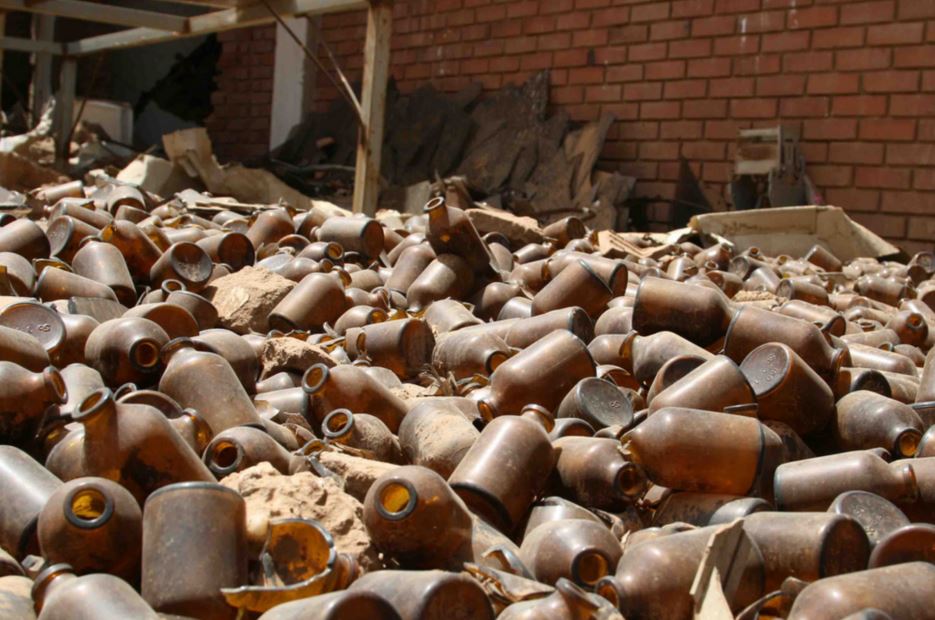
The UK, along with the US and Norway, had a great deal to do with ending the civil war. Years of attempted cease-fires, failed peace settlements, and economic inducements had forestalled the inevitable break-up of the country.
What resulted was two - very weak - but potentially stable countries, and a chance for the bedevilled people to look forward to a better life.
Sadly, the promise of the peace settlement was not to pay dividends. Whilst there was a concentration on the North-South split, President al-Bashir had already launched a genocidal pogrom against the Black African tribes in Darfur, again taking the lives of thousands of people and displacing many millions more.
I visited Darfur twice and saw for myself what real desolation looked like: starvation, mass movement of people and their livestock, and total desperation everywhere we went. Darfur remains an ongoing conflict, but it's important because the seeds of the current civil war came from there.
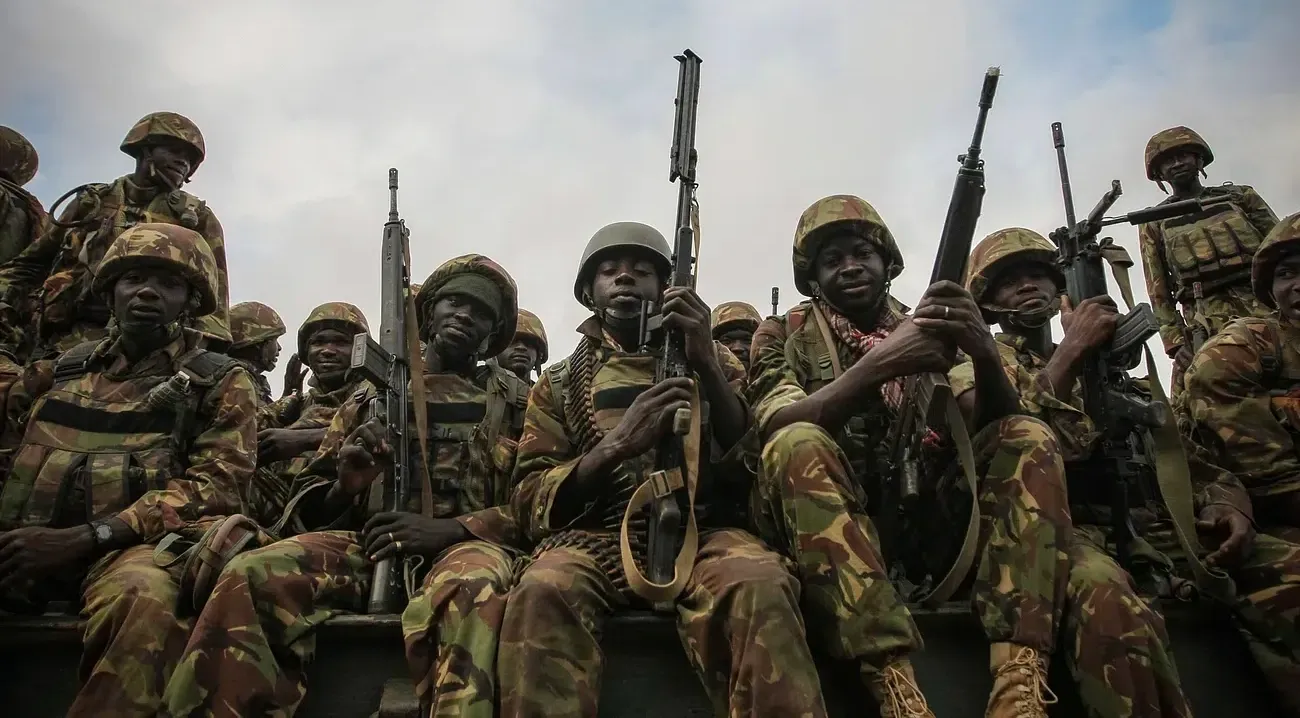
Amongst the main protagonists, there were the Janjaweed: the so-called ‘Arab devils on horseback’. The militia group are mainly comprised of Arab nomads and are most active in Darfur.
The Janjaweed eventually morphed into the Rapid Support Force (RSF), which was formed in 2013 under military general Mohamed Hamdan Dagalo, better known simply as Hemedti.
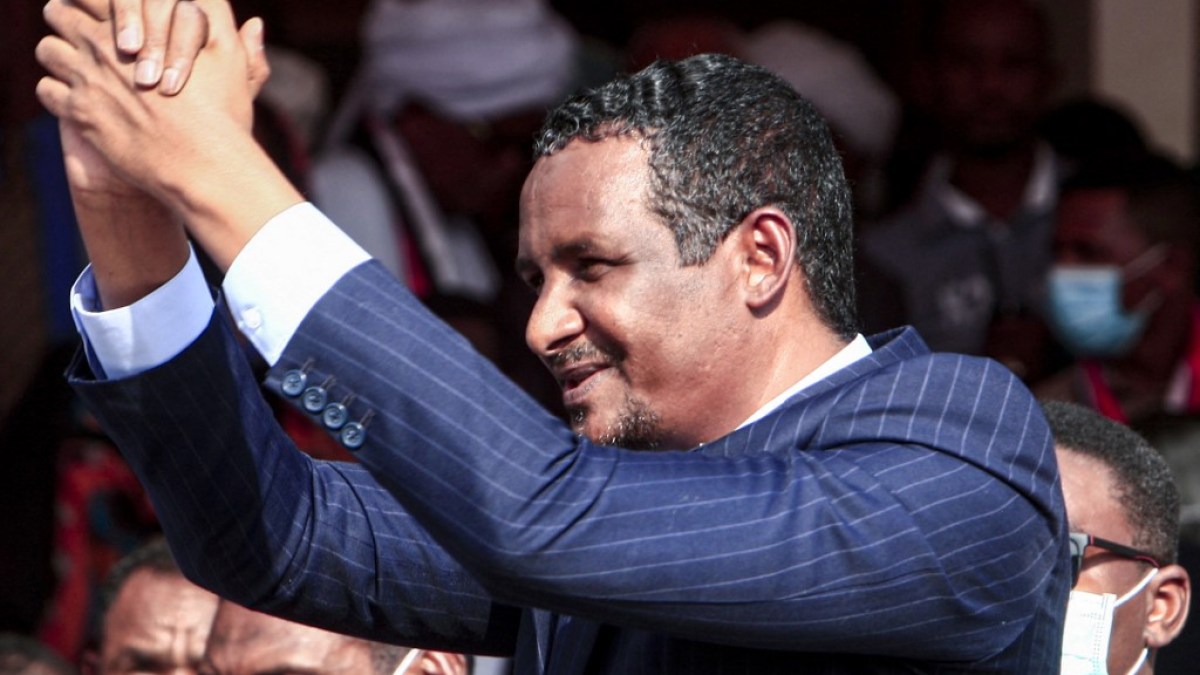
After the corrupt al-Bashir and his military dictatorship were removed from power in 2019, there was for a brief period a civilian government. For the first time in decades, the ordinary people had some hope. However, in 2021 the army and the RSF (using the pretext of some instability in the country) soon saw its opportunity to seize back authority, and did so in a military coup.
In a sense, never wish for what you can’t have: it was the army who used and supported the RSF as its bulwark in Sudan, only for Hemedti to turn on it, launching his own attempted coup. Since 2023, the RSF have been locked in an armed struggle with the Sudanese army, led by General al-Burhan.
The US and the UK are pale shadows of themselves in the diplomatic field. China is only interested in exploiting the country’s oil reserves and has long given up on any hope that there will be a stable (if authoritarian) regime in power.
The Arabian network of states view the conflict as too hot to handle, or in some cases may be actively fuelling the war through the channel of arms to the RSF.
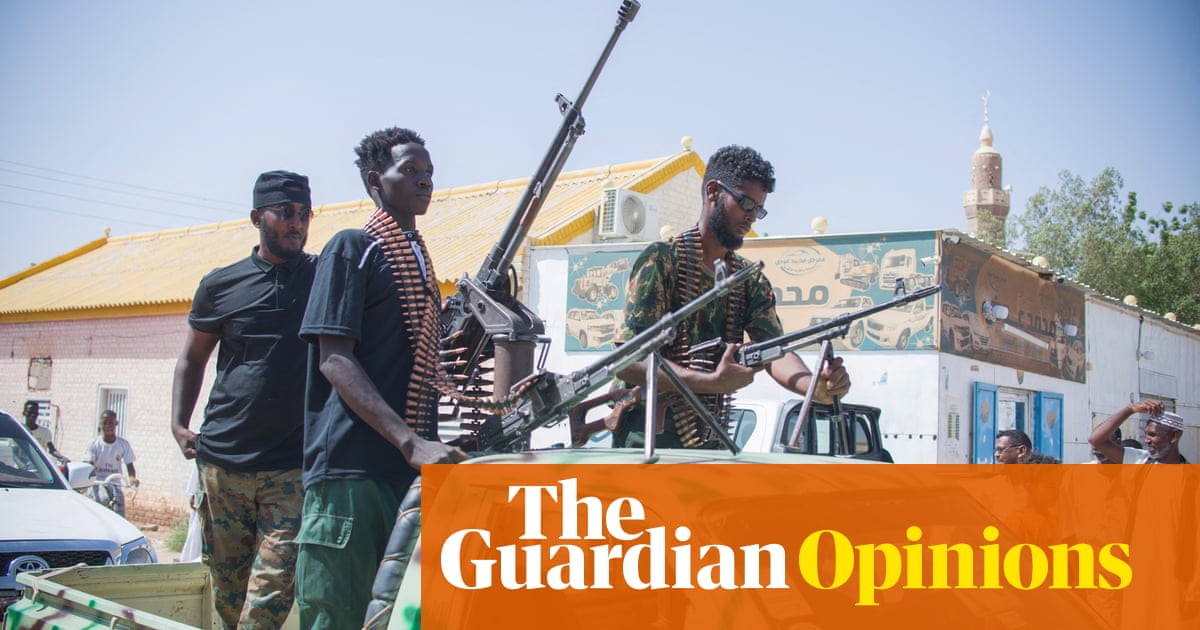
The UN and even the African Union seem unwilling and incapable of bringing the two sides together. I gather that there is an ongoing Norwegian interest, but without the UK and the EU’s involvement, it is a huge burden for one country to bear, given how intransigent the two sides have become.
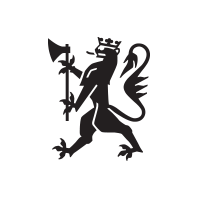
So please spare a thought for the Sudanese people. The diaspora in the UK remains very large, despite the fact that many stated they intended to return home once the 2011 peace settlement was in place. That never happened for the obvious reason that for many the UK is now their home.
I have met over the years a number of refugees from Darfur who have made their home in Gloucester through GARAS and, despite the horrors that they have had to live with, they are largely doing very well.

If nothing else after reading this article, perhaps you would consider contacting your MP to at least put Sudan on their agenda. Until and unless the wider world sees it as its responsibility to try to end the conflict it can only get worse, and the refugee issue can only escalate.
David Drew was the Labour MP for Stroud Constituency (from 1997 — 2010 and again from 2017 — 2019). He is currently the County Councillor representing Stroud town.

Amplify Stroud is supported by Dialect rural writers collective. Dialect offers mentorship, encouragement and self-study courses as well as publishing.
You can find out more at https://www.dialect.org.uk/







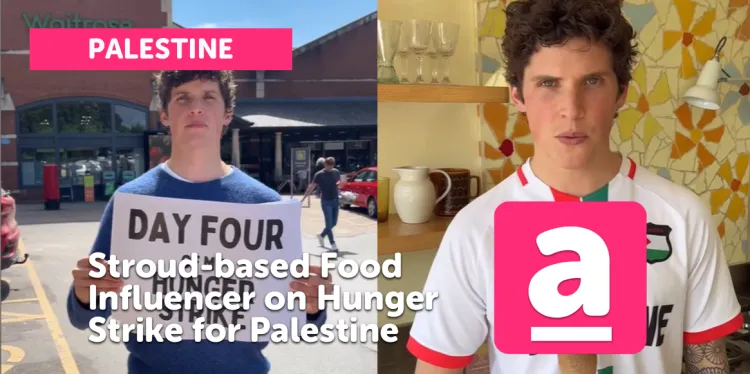
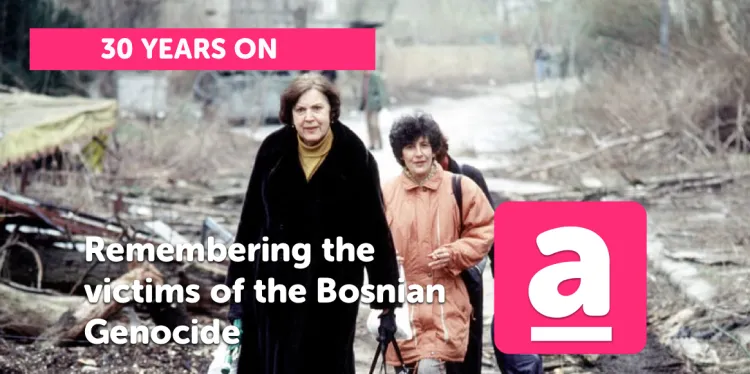
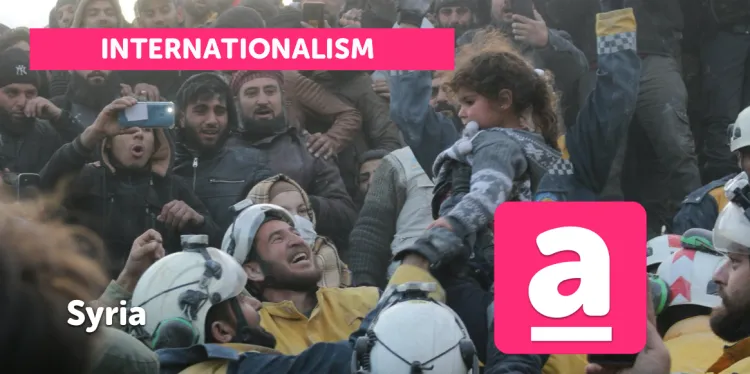
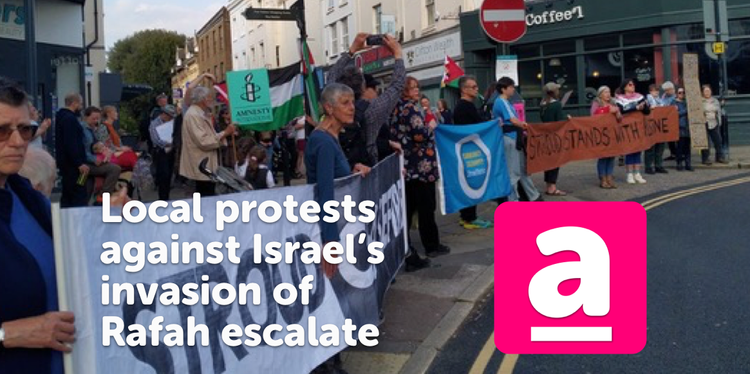

Member discussion